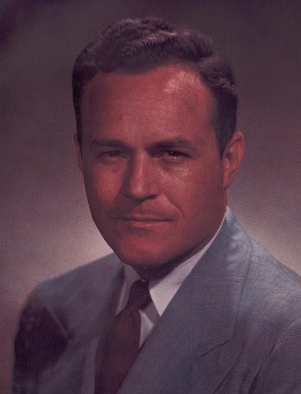
Amidst the bustling crowd of gamblers streaming in and out of casinos, schoolboy Sidney McMath ran through the streets delivering the Sentinel Record newspaper. As he observed the businessmen in their elegant suits and inhaled the thick air, heavy with cigar smoke, eleven-year-old McMath did not mind the gambling, only that it was an “illegal establishment that led to so many evils” (qtd in. Egerton 2). Two decades later, McMath would no longer be delivering newspapers but making headlines as the prosecutor who risked his life to rescue his city from the gangs and corrupt political machine that held it captive.
For as long as the citizens of Hot Springs, Arkansas, could remember, political and economic power rested in the hands of Mayor Leo McLaughlin (Ramsey 408). What most people referred to as “McLaughlin’s Empire” controlled the sheriff’s office, district court, mayor’s office, and even the jury system (Egerton 2). It was well known that “any citizen who dared run for office, opposing a candidate anointed by McLaughlin, was subjected to ‘reasoning and persuasion’ as to the error of his ways” (McMath 167). Additionally, democratic elections did not exist: “On election days, a pink slip was handed to prospective voters as they approached the polls…[listing] the mayor’s selection of the candidates he had chosen” (Hobbs). In an interview, McMath recalled one of his first memories of the harsh reality of living under McLaughlin: watching a family friend run for sheriff against the local mob, only to be assassinated in cold blood (Egerton 2). Having endured McLaughlin’s iron grip over his youth, a teenage McMath vowed to one day “topple the McLaughlin machine” and ignite a battle for power that would alter the city’s fate forever (Ramsey 411).
After serving with the Marines in World War II, McMath returned to his hometown. The dire situation had escalated, with McLaughlin still in charge of the fraudulent disarray. In 1939, Liberty Magazine, a national post-war publication, published a series about corruption in Hot Springs, titling the first article “Hell in Hot Springs…the Wickedest City in the United States” (Farrar, “The Wickedest City”). The subsequent publications revealed that, while public outrage over corruption was widespread, many felt impotent in their efforts to challenge it (Bridges). The McLaughlin machine, determined to retain its grip on power, resorted to murder and blackmail (Egerton 2). Furthermore, McLaughlin targeted local businesses that did not fit his agenda, arbitrarily dismissed employees, and used law enforcement to intimidate men who voiced their dissent (Bridges).
Witnessing the devastation, McMath devised a bold plan to combat corruption: “[We have been] fighting for freedom around the world and felt like we could use a little bit at home” (PBS). In 1945, he met with a group of GIs at Elks Lodge in Hot Springs to discuss his hopes for reform, his goal being to “establish an honest government in the city” (Ramsey 411). He would run for office as prosecuting attorney for the Eighteenth Judicial District and lead a “GI” revolt against McLaughlin (Encyclopedia of Arkansas; Bridges). The returning GIs were shocked that the citizens of Hot Springs were denied “free elections where the citizen could cast his ballot freely without fear and intimidation,” and, inspired by McMath’s bravery, decided to run for office, hoping to secure enough seats to take back the local government. While McLaughlin was gambling with the likes of Al Capone and Lucky Luciano, McMath was taking back city rule.
On election day, McMath strategically placed cameras at voting stations and orchestrated cutting telephone lines in Montgomery County to prevent McLaughlin’s operatives from receiving real-time voting counts (Egerton 3). This tactic ensured that “the people in Montgomery County could not call and tell them what the count was, so they wouldn’t know how many additional [fraud] votes were needed from Garland county to secure a victory” (Egerton 3). McMath secured a historic win, becoming the first candidate not backed by McLaughlin in over two decades.
McMath’s main obstacle in the reform movement was the danger of defying McLaughlin and the political gangs. Just days into the campaign, two GI workers were ambushed at gunpoint by one of McLaughlin’s men, who stole their briefcases. The briefcases contained records of ineligible voters, including the deceased and those who had moved, who were still “voting” under McLaughlin’s system (Hobbs). Other previous attempts, like that of local businessman Bill Seiz, had been met with brutal retaliation. When Seiz testified against one of McLaughlin’s henchmen for a local murder, he was beaten in the courthouse, and the case was dismissed (Farrar, “The GI Revolt”). Similarly, McMath and several other members were sent death threats and physically threatened by thugs (Farrar, “The GI Revolt”).
As prosecutor, McMath charged McLaughlin with election fraud and assembled a strong case to force him out of office. McMath proved that over 3,000 votes in one election were fabricated, and the grand jury returned 32 indictments against McLaughlin alone (Farrar, “The GI Revolt”; Ramsey 421). Although he was somehow able to avoid imprisonment, McLaughlin’s disgraceful exit from office signified a new era in Hot Springs and the 18th Congressional District: “The spell [McLaughlin] cast over Hot Springs was forever broken” (Bridges). The trial launched McMath’s political career, prompting him to win in a landslide as the next governor of Arkansas, where he would champion support for better infrastructure and public education for all Arkansans. Whether fighting on the front lines of the Pacific or in his hometown, McMath asserted that he would always “fight for human decency, the rights of individuals, and democracy” (Ramsey).
McMath’s courageous stance against McLaughlin’s corrupt political machine epitomizes his unwavering devotion to his community. At a time when people faced assassination and blackmail for simply expressing their opinions, McMath’s decision to lead the GI rebels and prosecute McLaughlin were both actions that John F. Kennedy would commend. In Profiles of Courage, Kennedy writes, “It is a little easier to dismiss one’s obligations to local interests…than to face squarely the problem of one’s responsibility to the will of his constituents” (13). While McMath could have ignored the corruption plaguing his hometown, thereby betraying the interests of the local people, he chose instead to risk his life to expose the truth and safeguard the personal freedoms of his community.
Works Cited
Bridges, Kenneth. “History Minute with Dr. Ken Bridges.” Magnolia Banner News, 1 May 2019,
https://www.magnoliabannernews.com/news/2019/may/01/history-minute-dr-ken-bridges/.
Egerton, John. Interview with Sidney McMath. Southern Oral History Program Collection, 8
Sep. 1990, https://docsouth.unc.edu/sohp/A-0352/A-0352.html
Encyclopedia of Arkansas. “Sid McMath (1912-2003).” Encyclopedia of Arkansas, 3 June 2024,
https://encyclopediaofarkansas.net/entries/sid-mcmath-51/.
Farrar, Clay. “The GI Revolt.” Hot Springs, 28 Mar. 2018, https://www.hotsr.com/news/2018/mar/28/the-gi-revolt-20180328/.
Farrar, Clay. “The Wickedest City.” Hot Springs, 28 Feb. 2018, https://www.hotsr.com/news/2018/feb/28/the-wickedest-city-20180228/.
Hobbs, Richard W. “G.I. Regime.” Sentinel Record [Hot Springs], 1995, pp. 129-130.
Kennedy, John F. Profiles in Courage. Harper and Brothers, 1956.
McMath, Sidney. Promises Kept: A Memoir. Rose Publishing Co., 1976.
“Men and Women of Distinction: Sid McMath.” Youtube, uploaded by Arkansas PBS, 1 Sep.
2023, https://www.youtube.com/watch?v=0oFNaXTKe58.
Ramsey, Patsy. “A Place at the Table: Hot Springs and the GI Revolt.” The Arkansas Historical Quarterly, vol. 59, The Arkansas Historical Association, 2000, pp. 407-428.

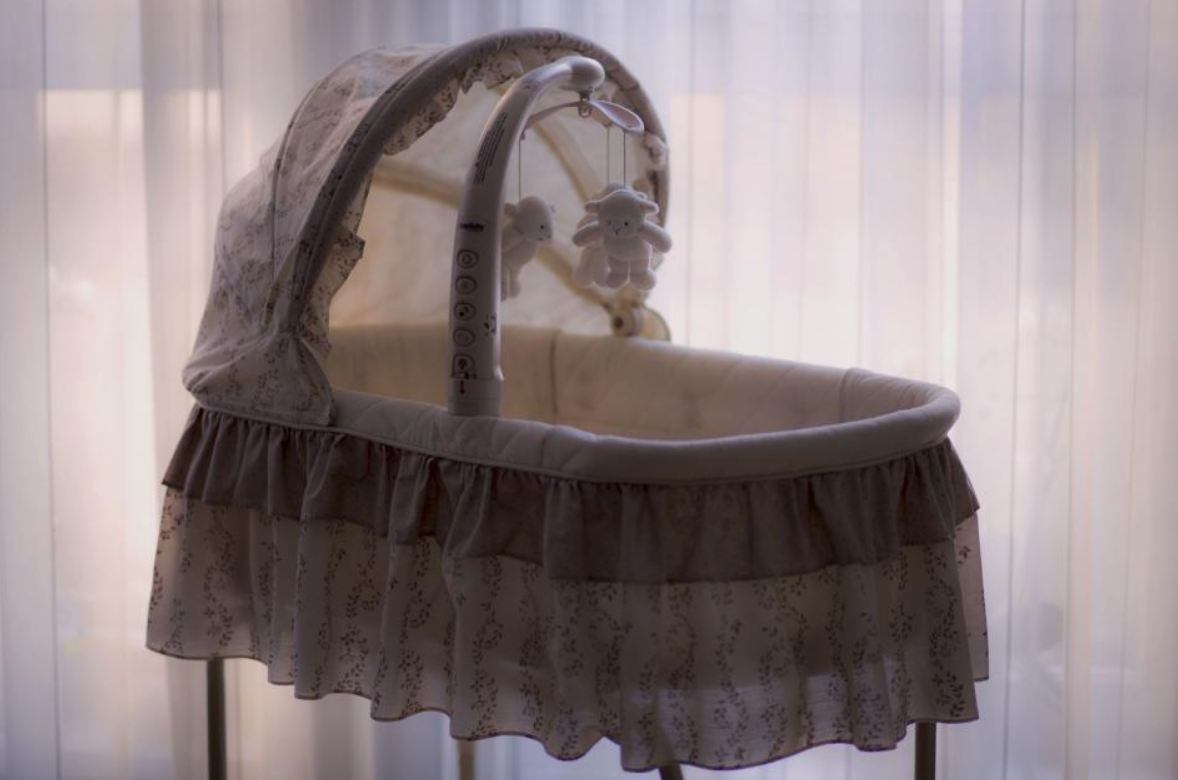


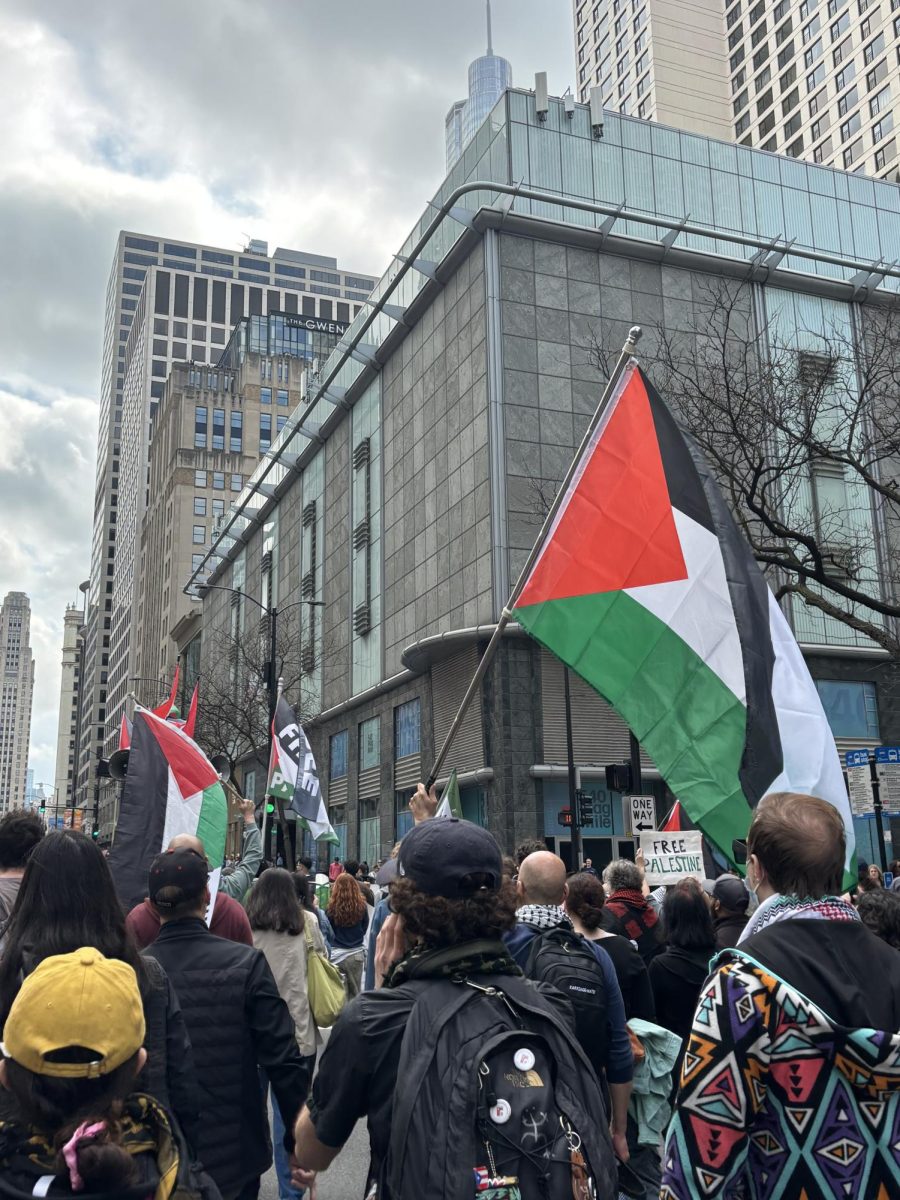


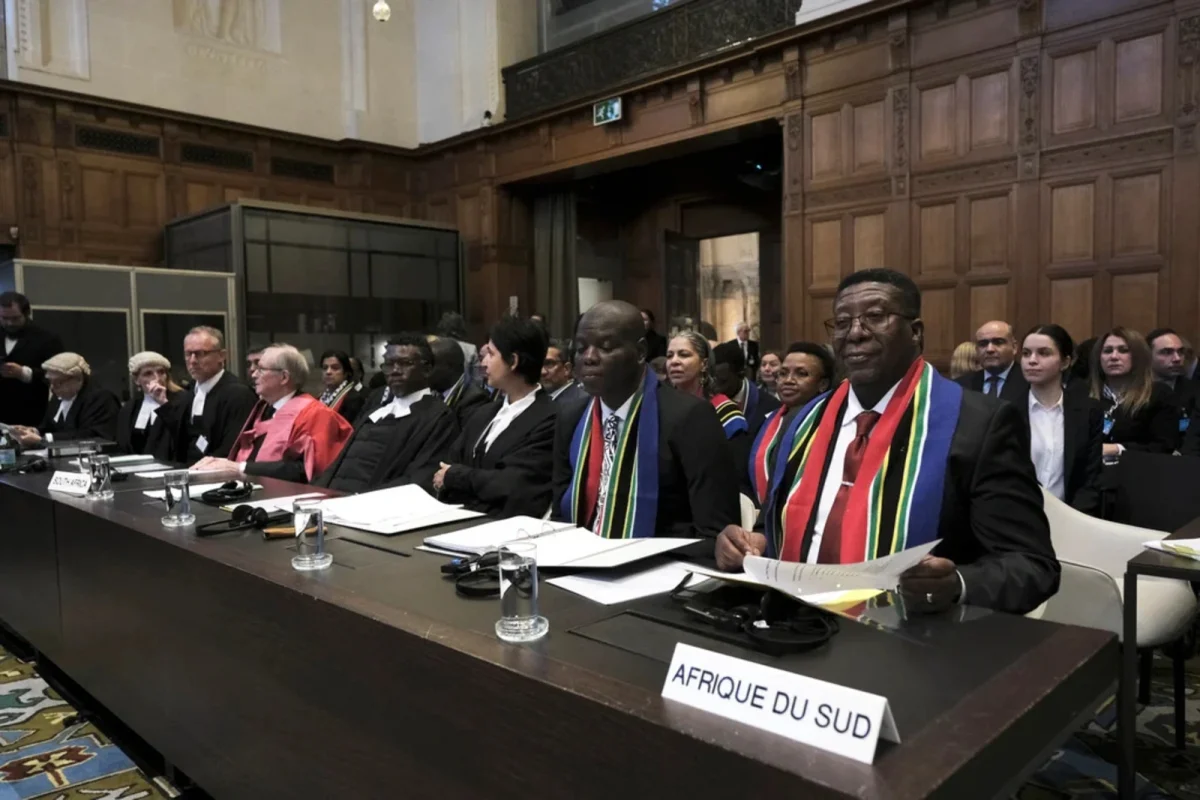












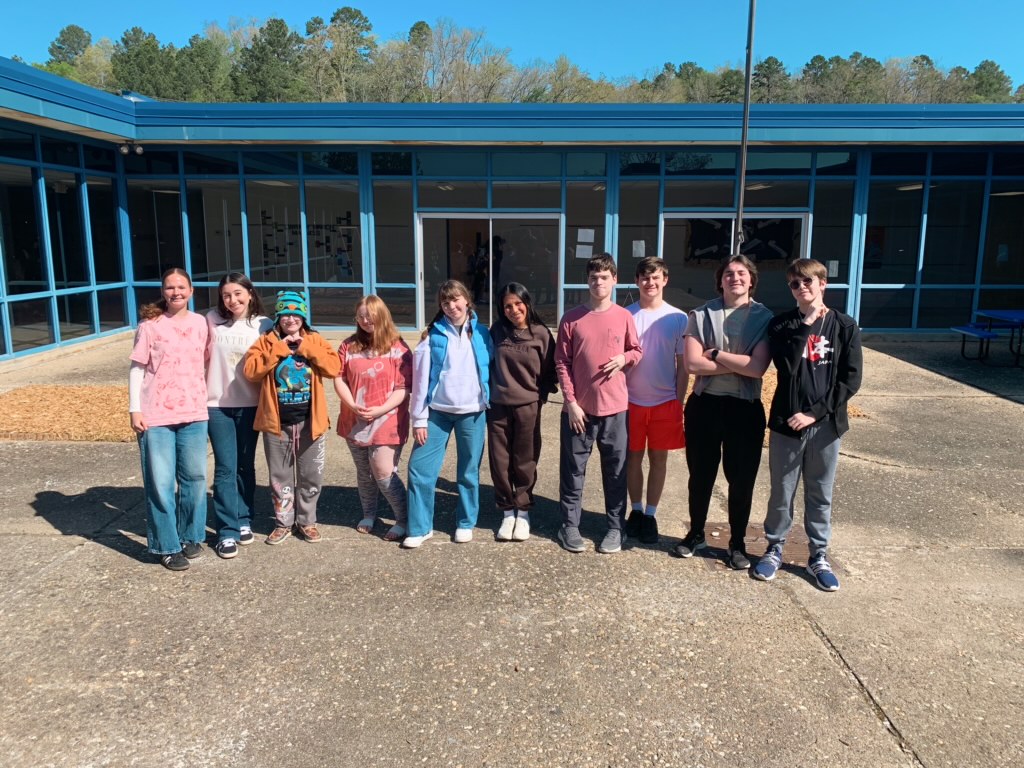





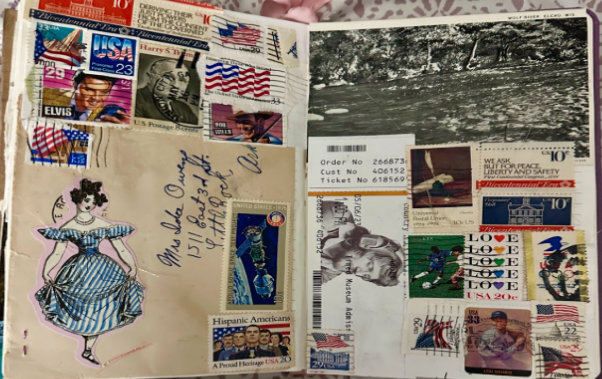

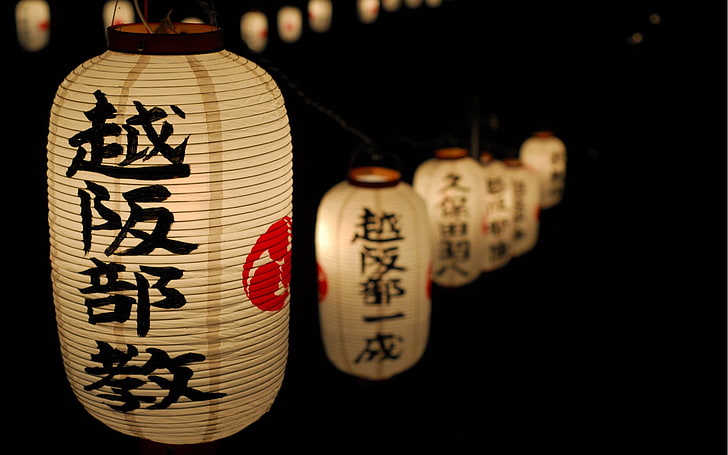
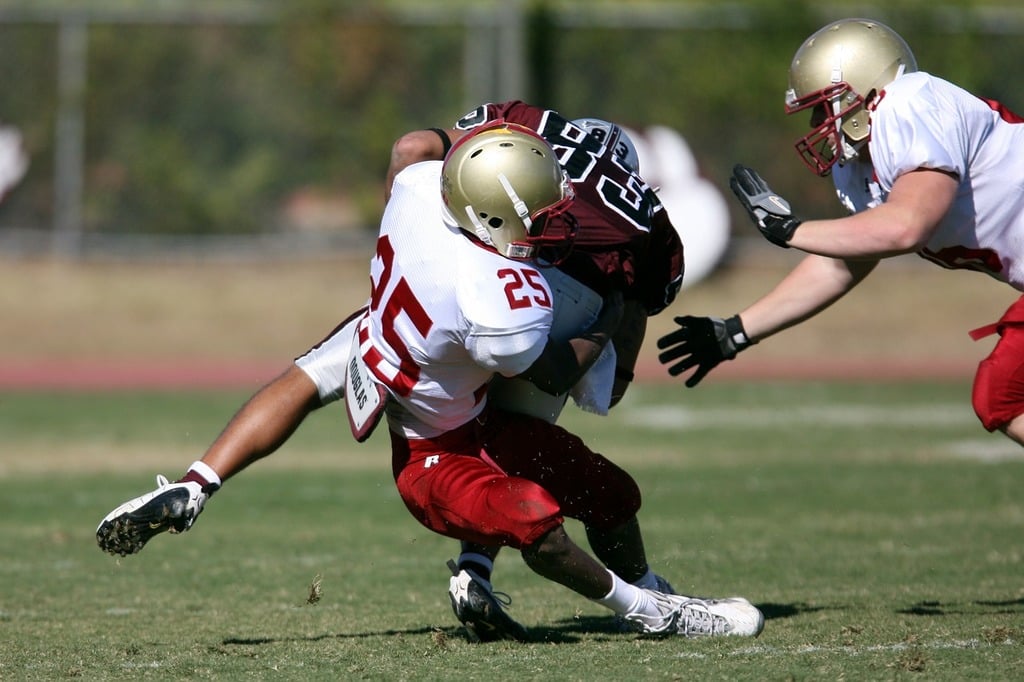







meric • Sep 8, 2025 at 8:59 am
this is the single best thing ive ever read yasmine ur so freaking awesome I’ve read this 20,000 times already seriously idk why u didn’t win this is so cool I think I’ll print it out and put it on my wall